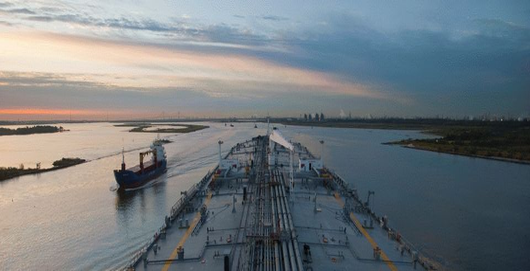
Shipping is one of the largest European and International industries and in the same time one of the most dangerous industries. It has always been recognized that the best way of improving safety at sea is by developing European and international regulations that are followed by all shipping nations.

The main task of the International Maritime Organization (IMO) since it was established was to adopt a new version of the International Convention for the Safety of Life at Sea (SOLAS), which is the most important of all treaties dealing with maritime safety.
IMO has also developed and adopted international collision regulations and global standards for seafarers, as well as international conventions and codes relating to search and rescue, the facilitation of international maritime traffic, load lines, the carriage of dangerous goods and tonnage measurement.
The European Union implemented Directive 2002/59. The Directive requires to establish in the Community a vessel traffic monitoring and information system with a view to enhancing the safety and efficiency of maritime traffic, improving the response of authorities to incidents, accidents or potentially dangerous situations at sea, including search and rescue operations, and contributing to a better prevention and detection of pollution by ships. Member States shall monitor and take all necessary and appropriate measures to ensure that the masters, operators or agents of ships, as well as shippers or owners of dangerous or polluting goods carried on board such ships, comply with the requirements under this Directive.
